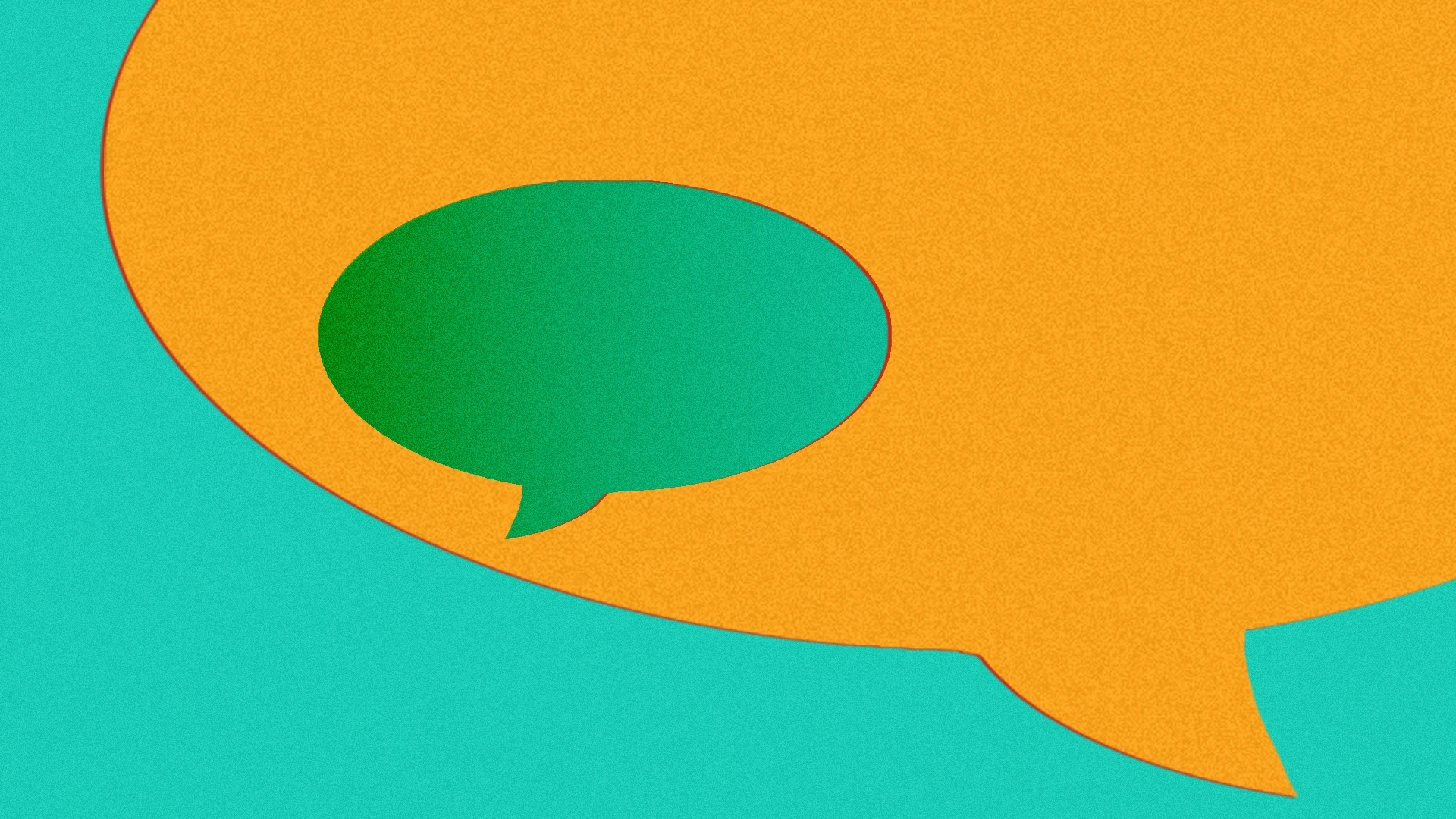Copyright Fast Company

How do I control my emotions? I get asked that question a lot. As an emotional intelligence coach, I’ve received thousands of emails from readers over the years who get caught up in a cycle of emotional thinking, which leads them to say or do things they later regret. Often, this results in harm to their closest relationships, professional and personal. Here’s the thing: Emotions aren’t bad. They’re what make us human, and that’s a good thing. The key isn’t taking emotions out of the equation. Rather, you want to balance emotions and rational thinking, so you can look back and be proud of what you’ve said or done. Subscribe to the Daily newsletter.Fast Company's trending stories delivered to you every day Privacy Policy | Fast Company Newsletters To help with this, I recommend using simple self-talk expressions. These can help shake you from that vicious cycle of overly emotional thinking and restore balance. Here are five short phrases that will help you develop your emotional intelligence, the ability to understand and manage emotions effectively. (Sign up here for my free email emotional intelligence course.) What advice would you give? When you face an emotionally charged situation, it’s easy for emotions to cloud your judgment and cause you to say or do something you later regret. But when you ask yourself, “What advice would I give someone else in this situation?” you take yourself out of the hot seat. You think more clearly, with more balance. To help you use this framework effectively, try to imagine yourself a few years down the road. Whether you faced the challenge successfully or not doesn’t matter; it’s past you. Now, imagine how you handled it and what consequences it led to. This will help you stimulate your thinking and answer the question more effectively. Mistakes are part of the process Everyone makes mistakes. But when you view mistakes not as failures but as part of the process of learning, you manage expectations and help others to benefit from them. When you train others, this framework can help you prepare for mistakes. For example, you might allocate more time or resources, because you know mistakes are coming. It’ll also help you be more patient with those you are training, which helps build trust and psychological safety. Additionally, reminding yourself that mistakes are part of the process helps you and the people you train to see the bigger picture. You both see mistakes as learning opportunities, and leverage them as such. Be the change This expression is usually attributed to Mohandas Gandhi, but the first official record of it is found in a book chapter written by a high school teacher in Brooklyn: Be the change you want to see. The basic lesson goes like this: You can’t force someone else to change. But you can provide a model for them to learn from. This is effective because researchers have shown that people learn not so much through reinforcement (rewards and punishments), but much more through observing others. When you remind yourself to be the change, not only do you set a positive example, you focus on what you can control (your own behavior) instead of getting frustrated by what you have no control over (the actions of others). At the same time, though, you increase the chances that those around you will change over time, too. advertisement Experiences over things As a business owner with four kids, I’ve found that by prioritizing experiences over things you can learn more, remember more, and get more out of life. To be clear, “things” aren’t bad in themselves. The problem is the more stuff you have, the more stuff you want. (I like to call this “more disease.”) This sends you down a cycle of always wanting more, and that’s a recipe for unhappiness because you’re never satisfied. In contrast, experiences become a part of you. You create memories that change what you think about, how you act, the decisions you make. When an experience is over, its effects continue—they mold who you are as a person. You can use that three-word motto to reframe your view of work. It’s not just to provide things; it’s to provide time for more experiences. But you also have to use that time, because once it’s gone, it’s gone forever. So, don’t buy more stuff. Do more stuff. Attack the problem. Not the person I hate to admit it, but I tend to be passive-aggressive. Maybe you struggle with the same habit, or you know someone who does. You know, someone who says they’re okay when they clearly aren’t. Or, they pout or give the silent treatment when they don’t get their way. Or, they simply agree to a decision but then don’t do their part to make that decision a success. There’s a reason people like me start heading down that passive-aggressive path. Usually, I’m trying to cope with negative feelings like frustration or disappointment. This phrase reminds me that my behavior isn’t helping the situation; worse yet, it’s harming my relationship. Here’s where this short phrase can be extremely helpful: Attack the problem. Not the person. This phrase helps me focus on being more active—attacking the problem—by telling the person why I feel the way I do. What’s more, I can now work with them to find a solution to the problem. Or, at least I feel better at supporting the decision we’ve agreed upon because I’ve had the chance to fully express my feelings. So, the next time you find yourself becoming a victim of your own emotions, remember the following phrases: What advice would you give? Mistakes are part of the process. Be the change. Experiences over things. Attack the problem. Not the person. Do so, and you’ll bring your emotions back to balance. You’ll make better decisions. And you’ll reduce regrets as you make emotions work for you, instead of against you. —Justin Bariso This article originally appeared on Fast Company’s sister publication, Inc. Inc. is the voice of the American entrepreneur. We inspire, inform, and document the most fascinating people in business: the risk-takers, the innovators, and the ultra-driven go-getters that represent the most dynamic force in the American economy.



